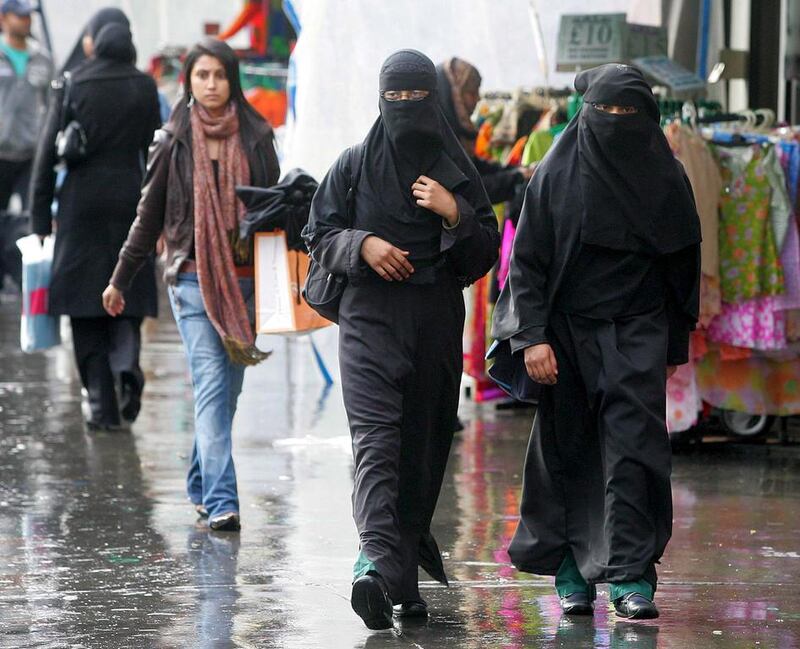A survey on unconscious bias in Britain has revealed that ethnic minorities are more likely to face unfair treatment than white people.
The study, commissioned by the Guardian and carried out by independent pollsters ICM, asked 1,000 black, Asian and minority ethnic people and 1,797 white people several questions about negative experiences in their everyday lives as a result of such bias.
The results showed in some cases minority ethnic people in Britain are up to twice as likely to be mistaken for an employee rather than a customer, be refused entrance to a bar or club for no good reason and be overlooked for a job application process or for a promotion at work.
Sixty-nine per cent of minority ethnic respondents said they had experienced a stranger being rude or abusive in public to them in comparison with 51 per cent of white respondents.
While 62 per cent of BAME respondents said they had been stopped going through airport security and customs.
The findings revealed that 69 per cent of people from a minority ethnic background believe Britain has a problem with racism.
Labour parliamentarian and civil rights campaigner David Lammy described the survey results as “harrowing”.
“Racial prejudice continues to weigh on the lives of black and ethnic minority people in the UK,” he wrote on Twitter. “We share the same hard-won rights, but our experiences are too often shaped by bias. Pretending to be colour blind has not worked. We need to talk about and properly understand race.”
_______________
Read more:
Attacks against UK Muslims increase in violence
Theresa May criticised over Asia Bibi asylum claims
_______________
The survey comes just days after a parliamentary report found that myths and lies about Muslims are contributing to discrimination in sectors of public life including employment, housing and the criminal justice system.
MPs from the All-Party Parliamentary Group on British Muslims have called for the government to introduce a definition of Islamophobia.
An interim report by Islamophobia monitoring group Tell MAMA also published last week warned that institutional and structural forms of anti-Muslim hatred “are insidious and often unspoken forms of prejudice”.
Religious hate crime in Britain is at an all time high according to latest police statistics, with more than half of offences committed between April 2017 and March 2018 directed at Muslims.






